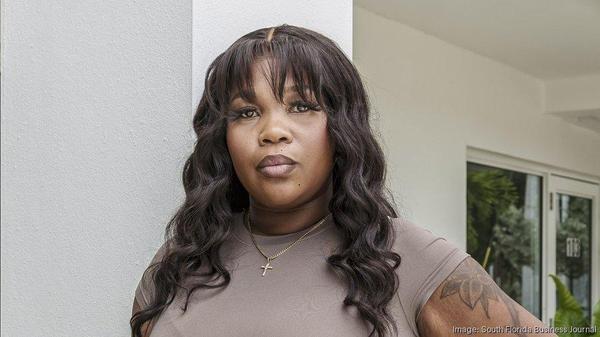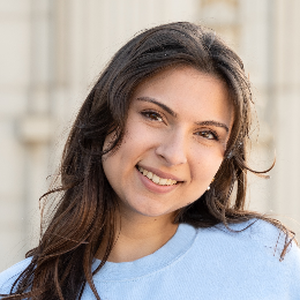


Hello! I'm Dina, a passionate writer located in New York.
I graduated from Columbia University with an M.S. degree in journalism and earned an honors B.A. in English from the University of California, Berkeley. I am now a news reporter at Bloomberg.
Scroll down to view my work!

Past midnight last winter, Grace Kaste swayed gently as the subway bounded toward Ornithology Jazz Club in Bushwick. It was about an hour-long journey for Kaste, a Columbia University sophomore and a double bassist in the university’s Louis Armstrong Jazz Performance Program, or LAJPP.
It was her first time going to the jam session at Ornithology, where New York City’s musicians passionately riff with other jazz musicians. It’s a rite of passage – a tune is called, a tempo is set and the musicians begin a journey of communicating through their eyes as their hands deftly play their instruments.
Kaste’s friend and fellow LAJPP jazz musician Raphael Silverman clutched his guitar case as the train lurched, jerkily stopping and restarting at each stop. The train kept a rhythm – the rail’s electric humming punctuated by the brake’s crescendoing screeches. When they heard their final percussive pop of the doors opening, Kaste and Silverman stepped out at Myrtle Avenue.
The musicians stepped inside this music mecca – a dimly lit bohemian bar with chairs facing the performers, their eyes shut as they skillfully navigated the musical terrain. There is an element of ferocious competition in some musicians, while others view the jam as a learning experience.
“It’s the panopticon,” Kaste said. “Everyone can see everything that happens on that little stage.”
After the scheduled performance finished, the prospect of the jam session injected a layer of tension into the room. All venues run jam sessions differently, and Ornithology does not offer a sign-up list. “No one’s running it,” Silverman said after. “It’s like when there are no traffic lights.”
“I love jam sessions when they're done correctly, which is controlled. Everybody solos on every song – like a song doesn't need to be 30 minutes long,” award-winning New York trumpet player Kellin Hanas said. “[Jam sessions are] just a big jerk-off fest. Everybody's like, who's got the biggest dick, who can play the fastest lines?”
So, Kaste attempted to navigate the jam session terrain. She followed along as the bassists in the room eyed each other and then discussed the order they would pass off the double bass.
She waited patiently, eyeing the instrument being plucked over and over again by many older men. A multitude of tunes reverberated throughout the club until it was finally her turn. Elbowing her way to the bandstand, Kaste finally grasped her instrument, adjusted the amp and tug bar, until –
“I’ll take this one,” a fully-suited, bald older man said, shaking his head and taking the upright bass out of Kaste’s hands.
“Oh no, I’ve been waiting,” She told him. “I play bass.”
He simply shook his head and played her turn. Feeling embarrassed, Kaste went back to stand with her friends.
“It's little things that I know shouldn't get to me, but when it happens consistently, I'm like, ‘Man, maybe I'm not the bassist,’ Kaste said. “You have to remind yourself that you can still go up and take a solo or something when you've kind of been shaken up like that.”
Full article ready to be pitched. Interested? Contact drk2160@columbia.edu
It took some webscraping, but I was able to analyze the information Smalls and Mezzrow makes publicly available to get a better idea of the issue. And the results were not surprising, given the anecdotes I had from my reporting.
I found that 93% of booked performers last year at Smalls and Mezzrow were men.
And 80% of all performances consisted entirely of men.
For context, Manhattan School of Music Dean of Jazz Arts Ingrid Jensen said that Smalls and Mezzrow could easily increase the percentage of women by 20 to 30% if they "really wanted to do it" or if they had an incentive to do it.
"I'm sighing with relief because this is a job I don't want to do – none of us want to do this," Jensen said. "We're just too busy trying to play and be creators, you know?"
Contact me at drk2160@columbia.edu










